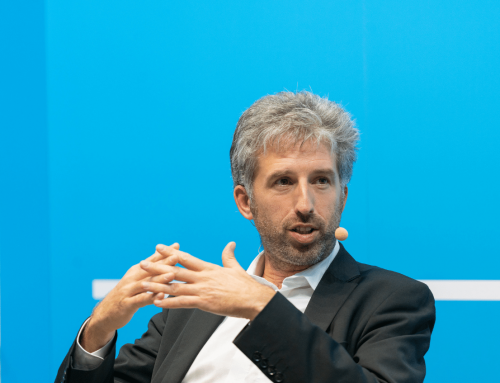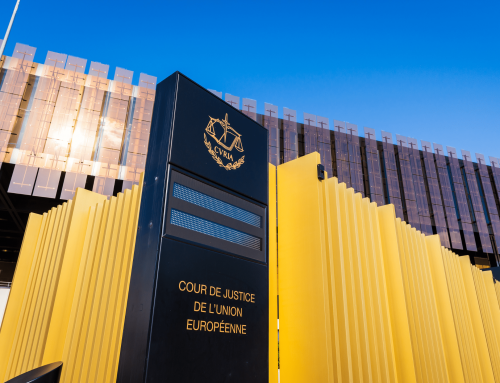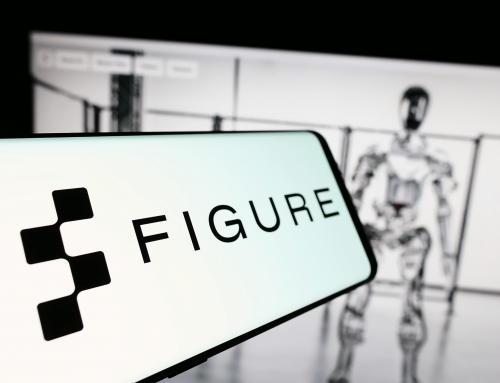What is behind "World"?
Sam Altman, known as the CEO of OpenAI and thought leader for artificial intelligence, has a rather futuristic idea with his new project "World". With the help of iris scans, the aim is to ensure that people around the world can be verified online as real people. Sounds crazy? Perhaps. But in a world where AI is getting smarter and smarter, we may soon no longer know whether we are communicating with a human or a machine. This is exactly where "World" comes in: it wants to prove that you really are human.nullThe project used to be known as "Worldcoin", but the decision has now been made to remove the "coin" (i.e. the focus on cryptocurrency) from the name. The new name "World" is intended to show that this is not just about a cryptocurrency, but about much more - namely the protection of human identity in the digital age.
How does the whole thing work?
The heart of "World" is the so-called "Orb" - a device that scans your iris. But why the iris in particular? Because it is unique to each person, similar to fingerprints, but even harder to forge. This scan confirms that you are a human and not a robot or an AI. This should enable online platforms to ensure that they are dealing with real people, which will become particularly important as AI technologies penetrate more and more areas of our lives.nullTools for Humanity, the company behind "World", has already scanned 7 million people worldwide and wants to increase this figure significantly. The aim is to eventually verify millions, if not billions, of people. And to this end, the next generation of "orbs" was recently introduced - faster, simpler and mass-produced versions that may soon be used in cafés or even in your own home.
Why might "World" be important?
The big problem that "World" wants to solve is the increasing spread of artificial intelligence, which could soon be so advanced that it mimics us humans online in a deceptively real way. In the future, we could find it difficult to distinguish between humans and machines. "World" offers a kind of solution to this: with a simple iris scan, you can make sure that the person you are talking to or interacting with is actually a human.nullAnother interesting idea behind the project is that it is not just about verification, but also about making the benefits of AI accessible to people. Altman and his team believe that the benefits and opportunities created by AI should be distributed fairly. With a verified "World" account, people could potentially benefit financially from AI development in the future by sharing in the profits generated by AI.
Skepticism and data protection concerns
Despite the great promises, there is also a lot of skepticism about "World". In Europe and Kenya in particular, there were concerns about data protection. The idea of entrusting your biometric data, such as your iris scan, to a company makes many people uneasy. Critics warn that such data could be misused or fall into the wrong hands.nullIn some countries, tests and data collection have been temporarily halted to ensure that the project complies with applicable laws. In the European Union in particular, investigations are still ongoing into whether "World" violates data protection regulations. Although the project is permitted again in Kenya following a review, concerns remain in the EU.
The next steps: What's next?
Despite the legal hurdles and skepticism, "World" continues to work on its vision. The company recently presented new technologies at a major event in San Francisco. Among other things, the next version of the "orb" was presented, which is faster and easier to produce, which could accelerate the spread of the project. It was even announced that people will soon be able to have their identity scanned in cafés or book an appointment for a home visit with an "Orb".nullIn addition to the new "Orb", "World" is also working on other innovative solutions. A new feature called "Deep Face" is designed to help better recognize online deepfakes - i.e. fake videos or images - and ensure that you are really talking to the right person. An alternative digital identity solution called "World ID" was also presented, which is designed to make it possible to verify yourself online without having to disclose sensitive data such as your passport or driver's license.
Conclusion: revolution or risk?
"World" aims to fundamentally change the way we protect our identity online. With the ability to quickly and securely verify oneself as a human being, the project could solve the problem of increasing insecurity caused by artificial intelligence. At the same time, the question remains as to whether people are willing to trust a company with their biometric data - especially at a time when data protection is more sensitive than ever before.nullWhether "World" will ultimately be a success or fail due to legal and ethical hurdles remains to be seen. What is certain, however, is that Sam Altman and his team at Tools for Humanity are pursuing an ambitious vision that has the potential to change the digital world for good.







